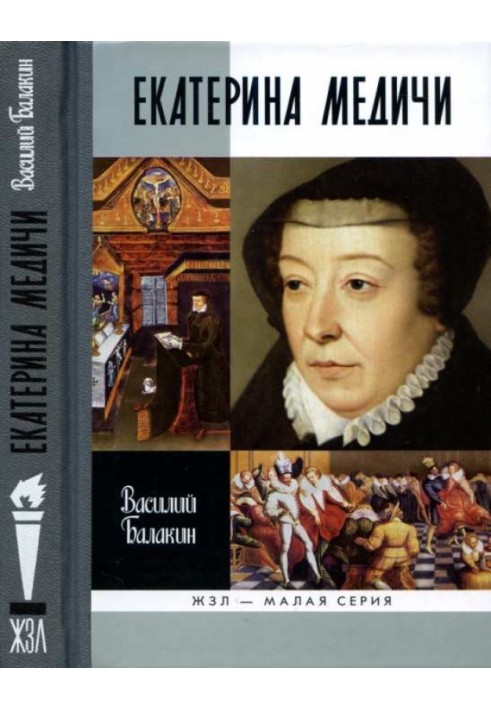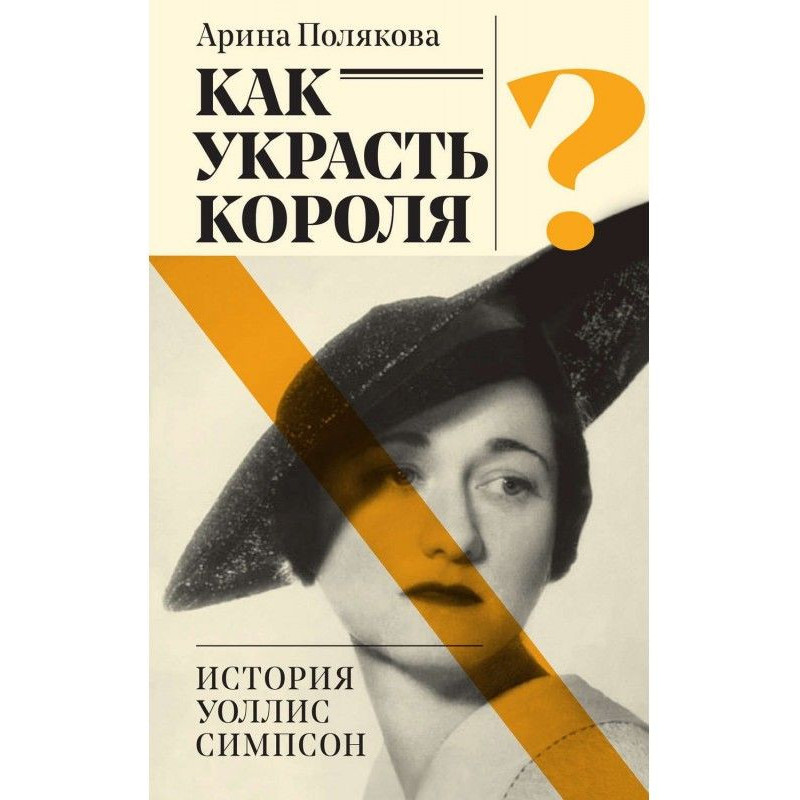Catherine de' Medici
 Instant download
Instant download
after payment (24/7)
 Wide range of formats
Wide range of formats
(for all gadgets)
 Full book
Full book
(including for Apple and Android)
Catherine de' Medici, the "Black Queen" (1519-1589), is one of the main figures on the chessboard of the political history of France in the second half of the 16th century. Her sinister image is familiar to us mainly thanks to historical novels and films, in which she usually appears as an unprincipled intriguer, a poisoner, capable of committing any crime for the sake of power. Rumor even changed her nickname - after all, she was called the “Black Queen” only because of the black color of her clothes - the mourning she wore for her untimely death of her husband, King Henry II. But is the verdict handed down to her by the legend and replicated by novelists fair? An Italian who, by the will of fate, became the queen of France, she ruled it for three decades instead of her young or incapacitated sons - first Francis II, then Charles IX and finally Henry III - and, it must be said, she did it very skillfully, maintaining the unity of the country in the conditions of the most severe political crisis and the outbreak of religious wars. The events of St. Bartholomew's Night lay an indelible stain on her reputation - but can she alone be held responsible for the massacre of the Huguenots committed in Paris on the night of August 24, 1572? And what else can you reproach her for? The author of the book, historian Vasily Balakin, offers his view on the biography of this extraordinary woman.
Data sheet
- Name of the Author
- Василий Балакин Дмитриевич
- Language
- Russian
Reviews
Вражаюча історія про сильну жінку
Книга "Катерина Медічі" Василя Балакіна - це справжній шедевр, який занурює читача в складний і драматичний світ політичних інтриг XVI століття. Автор майстерно розкриває образ Катерини, показуючи її не лише як "Чорну королеву", але й як мудру та вмілу правительку, яка намагалася зберегти єдність Франції в умовах жорстоких релігійних війн. Балакін пропонує новий погляд на її роль у історії, ставлячи під сумнів традиційні уявлення про неї як про безпринципну інтриганку. Книга насичена деталями, які роблять історію живою і захоплюючою, а також спонукає до роздумів про моральність і відповідальність лідерів. Рекомендую всім, хто цікавиться історією та хоче дізнатися більше про цю видатну жінку, чиї дії вплинули на хід історії Франції.





















